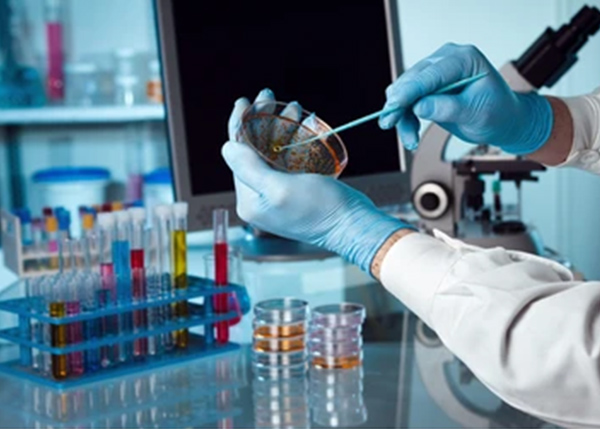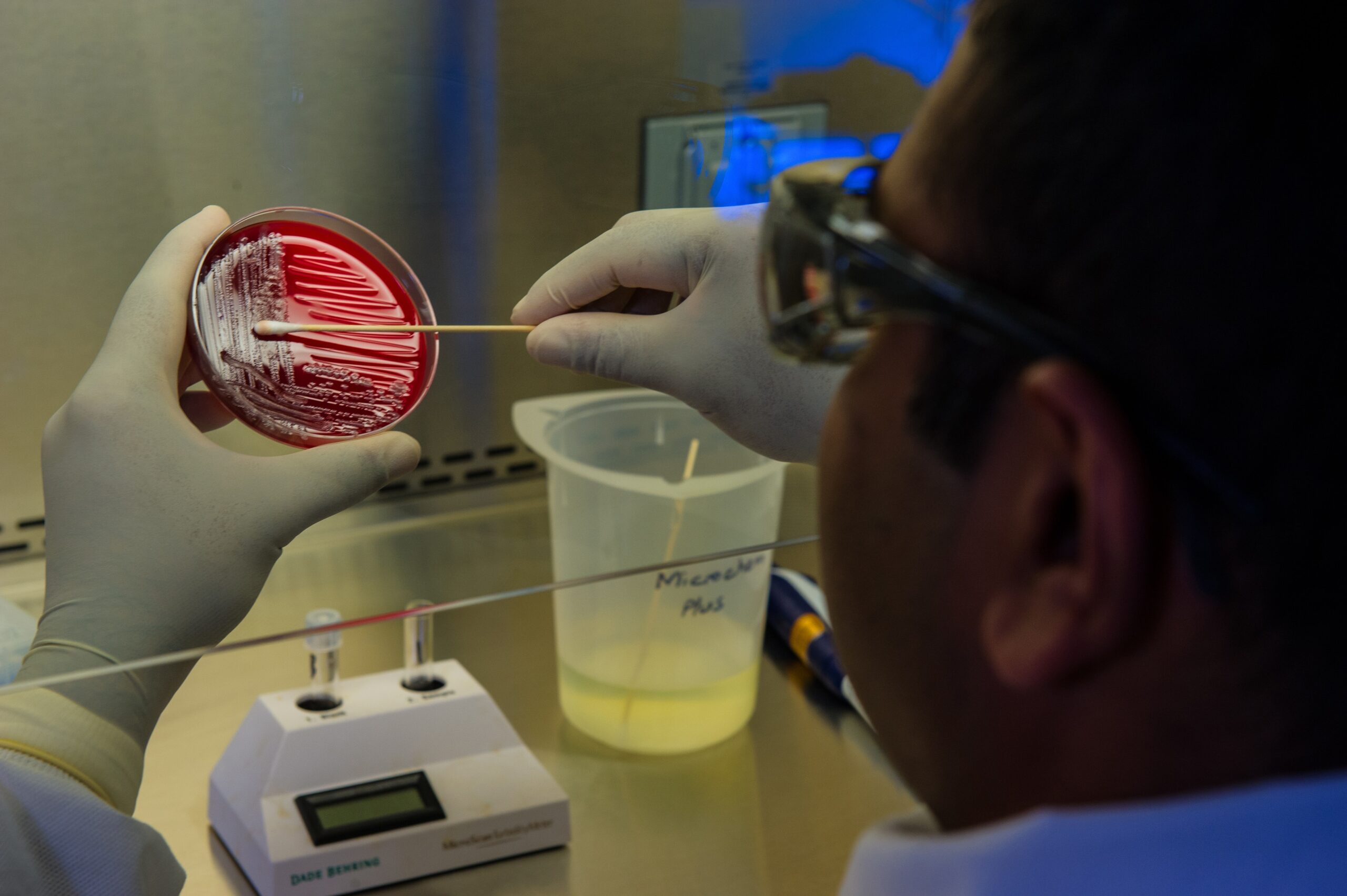The Department of Microbiology is a vital component of any scientific institution, playing a crucial role in the study of microorganisms and their impact on human health and the environment. With a rich history and a diverse range of research areas, this department is at the forefront of scientific discovery.
One of the primary goals of the Department of Microbiology is to understand the fundamental principles of microbiology and apply this knowledge to various fields, including medicine, agriculture, and environmental science. Researchers in this department investigate topics such as microbial genetics, pathogenesis, immunology, and microbial ecology.
Microbiology is a rapidly evolving field, and the Department of Microbiology is at the forefront of cutting-edge research. Scientists in this department utilize advanced technologies and techniques to explore the complex world of microorganisms, including bacteria, viruses, fungi, and parasites.
Collaboration is a key aspect of the Department of Microbiology. Researchers often work in interdisciplinary teams, combining expertise from various fields to tackle complex scientific questions. This collaborative approach fosters innovation and leads to groundbreaking discoveries.
Students in the Department of Microbiology have the opportunity to engage in hands-on research and gain valuable laboratory skills. Undergraduate and graduate programs offer a comprehensive curriculum that covers the fundamentals of microbiology, as well as specialized courses in areas such as virology, bacteriology, and molecular biology.
Overall, the Department of Microbiology is a dynamic and exciting place for scientific exploration. Through their research and education initiatives, the department contributes to our understanding of microorganisms and their impact on the world around us.













